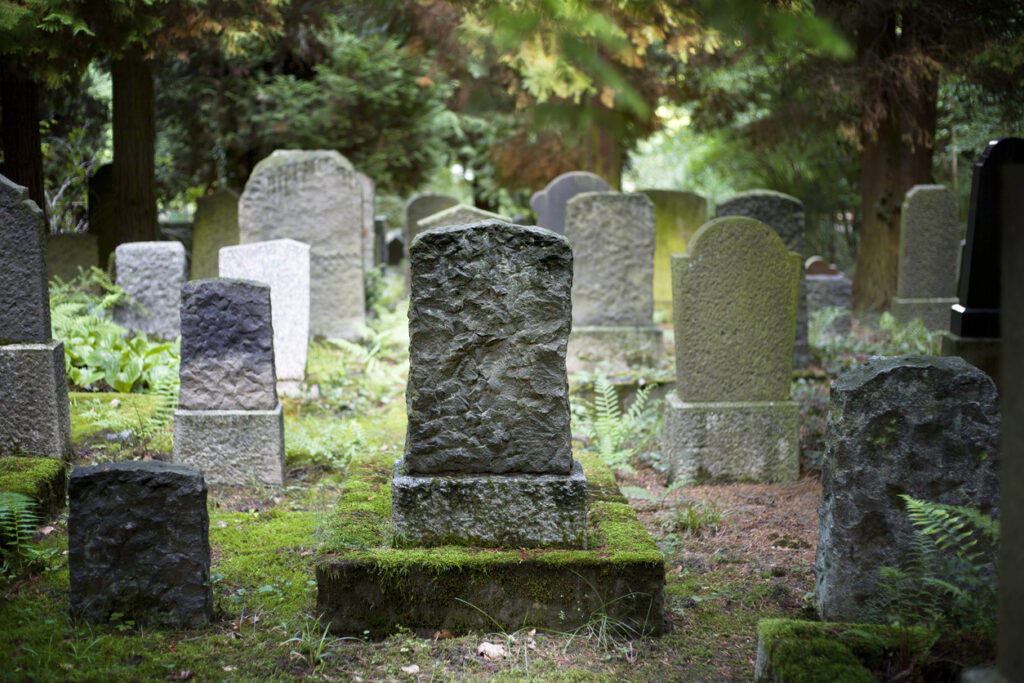What is grave ownership and why is it important?
Grave ownership refers to the legal right to control the use of a burial plot, typically known as the “exclusive right of burial.” This right allows the registered grave owner to decide who may be buried in the plot and to request memorials or inscriptions. Understanding grave ownership is crucial to avoid disputes among family members, ensure burial plans are respected, and comply with cemetery or churchyard regulations. While owning a grave does not mean owning the land itself, it generally grants control over its use for a specified period—often 50 to 75 years Clear ownership ensures legal burial permissions and protects the legacy of the deceased.
Grave ownership laws in the UK: Key points to know
Grave ownership in the UK is governed by a complex mix of statutory law, common law, and individual cemetery or churchyard regulations. The most significant legal right is the “exclusive right of burial,” typically granted by local authorities or private cemetery operators under a deed of grant. This right allows an individual to be buried in a specific plot, authorise further burials, and request headstone inscriptions.
Local authorities operate under the Local Government Act 1972 and grant burial rights for fixed terms (commonly 50–75 years). Private cemeteries follow their own rules, but similarly only offer burial rights—not land ownership. In Church of England churchyards, the land is owned by the parish priest in their corporate capacity, and burial rights are usually granted based on residency or parish connection, not outright ownership.
Case law such as Reed v Madon [1989] confirms that burial rights do not amount to land ownership. Regulations often determine who can be buried, what memorials are allowed, and what steps must be taken if disputes arise. Understanding the legal framework is essential to avoid complications later.
How to get a copy of grave deeds in the UK
To obtain a copy of grave deeds, contact the authority or organisation that manages the cemetery or burial ground—this could be a local council, private cemetery company, or church body. You’ll typically need to provide the name of the deceased, date of burial, and details of the plot if known. For local authority cemeteries, the Bereavement Services department handles these requests, proof of your relationship to the deceased or legal interest may be required. In churchyards, inquiries should be directed to the parish office. Some cemeteries may charge a small administrative fee for providing copies of deeds.
Transferring grave ownership: Process and requirements
To transfer grave ownership in the UK, you must first identify the current registered owner. If the owner is deceased, legal entitlement must be established through a will, grant of probate, or letters of administration. Once entitlement is confirmed, a transfer of grave ownership form must be completed and submitted to the cemetery authority along with supporting documents, such as a death certificate and probate documents.
Fees for transfer vary but typically range from £50 to £150. No burial or memorial changes can be made until the transfer is completed. This process is vital when disputes arise among family members or when new burials need to be authorised. Without a clear legal transfer, cemetery authorities cannot open the plot or approve headstone inscriptions.
Common questions about grave ownership
Can I be buried in my parents’ grave?
Yes, provided there is sufficient space in the grave and the burial complies with local cemetery or churchyard regulations. You must also obtain written permission from the registered grave owner or legal successor. If ownership is unclear, the cemetery authority will require a formal transfer of ownership before granting burial approval.
Do graves get dug up after 100 years?
Graves are not automatically disturbed after 100 years. In the UK, many grave leases are renewable, and authorities usually attempt to contact surviving relatives before taking any action. Legal protections apply, and exhumation or grave reuse can only occur following proper procedures, including public consultation and sometimes Ministry of Justice approval.
What happens to a grave after 100 years in the UK?
When a grave lease reaches 100 years and isn’t renewed, the cemetery authority may reclaim the plot. In such cases, the grave may be reused, typically by placing a new burial deeper in the plot. This process is governed by regulations and usually involves contacting the deceased’s next of kin first.
Grave lease expiration: What happens next?
When a grave lease expires—typically after 50 to 100 years—the grave remains undisturbed unless specific legal steps are taken for reuse. The body is not exhumed unless reinterment is necessary and follows strict legal procedures. Cemetery operators may contact next of kin to offer renewal options. If no action is taken, and local laws permit, the plot may be reclaimed for future burials.




